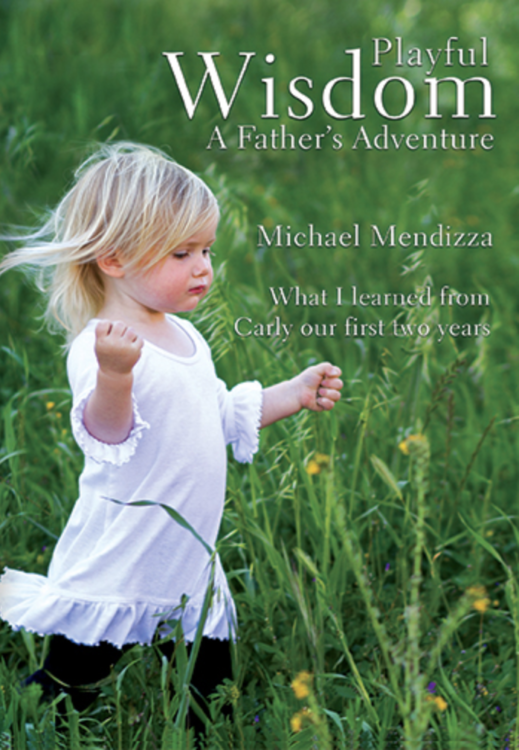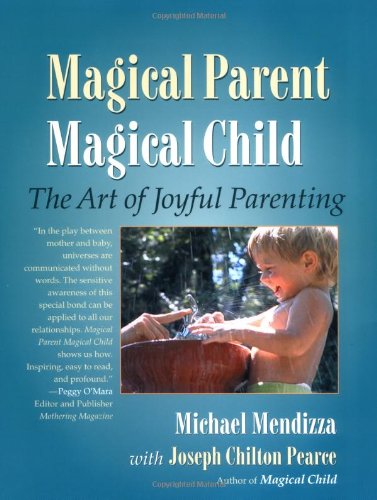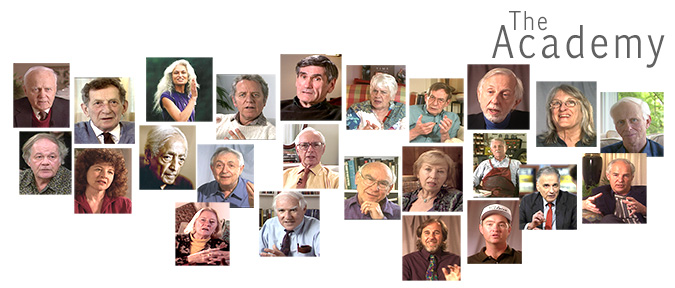Backlash To Breastfeeding Promotion
One backlash follows another. Does breastfeeding really matter?
The ‘breast is best’ policy backlash’ presented points that are dramatic, contradictory and false. Here is context and what to know.
First, came the US governments action in contradiction to history and world opinion: We the people of the United States threaten to unleash punishing trade measures and withdraw crucial military aid if nations support language tainting the $70 billion infant formula industry – the latest in our nation’s Declaration of Profits over People.
Based on decades of research, the resolution says that mother’s milk is healthiest for children and countries should strive to limit the inaccurate or misleading marketing of breast milk substitutes. Then the United States delegation, embracing the interests of infant formula manufacturers, upended the deliberations. The confrontation was the latest example of the US administration siding with corporate interests on numerous public health and environmental issues.

Second, a CNN essay by Elissa Strauss about the ‘breast is best’ policy backlash,’ presented points that are dramatic, contradictory and false—e.g., breastfeeding is wonderful for the lucky few who can do it, complications from exclusive breastfeeding are common and devastating, and it doesn’t matter that much so don’t worry about it — just feed your baby.
Strange coincidence how this article coincides with the United States delegation of the United Nations-affiliated World Health Assembly being opposed a breastfeeding resolution.
In Jean Liedloff’s classic The Continuum Concept the author had to hide the fact from Amazon tribal natives that the majority of western women read books on birth and care instruction for infants and children written by male doctors. She would have lost all credibility if she shared this truth.
Ina May Gaskin (interview), one of the most respected midwives in the world, describes how so much of what was common sense regarding birth and very early mothering has been lost.
To paraphrase, many contemporary adults know absolutely nothing about mothering, and this includes physicians.
Incorrect Point 1: “One in five women have insufficient milk production in the early days of motherhood”
The World Health Organization, which advises on breastfeeding based on science, suggests it is less than 1 in 10 women (around 5%) who have physiological barriers to breast milk production. While it may be true that the percentage is higher in the USA, the intense stress imposed by technological-childbirth contribute, and not in a small way, to a cascade of complications that technocracy uses to justify technocracy including commercial formula.
Incorrect Point 2: “Complications from exclusive breastfeeding are common and devastating.”
Personally, this is more than offensive. This is followed a few sentences later with: “a growing number of doctors and nurses… [are] worried that the near single-minded focus on breastfeeding often causes hospital staff to overlook risky behavior, unintentionally putting babies and mothers in harm’s way.”
The editors at CNN know that most readers barely skim such articles. Dramatic headlines leave their mark, by design. Not mentioned are all the barriers to breastfeeding that are routine in US hospitals,undermining the biochemical, hormonal flow that facilitates labor and bonding. These include complications from the jackhammer intensity of induced labor used in the majority of hospital births(chemicals that negate and rob mothers and babies of the natural-euphoric endorphins peak levels of oxytocin create), fetal monitoring and routine, often medically unjustified caesarean are common and devastating, so too is premature clamping of the umbilical causing aphasia, taking blood, injecting toxic cocktails called vaccines, separation of mother and baby, isolation and sensory deprivation – all are common and devastating, with lifelong effects(interview with Robbie David-Floyd, PhD, cultural/medical/symbolic-interpretive anthropologist).
Hydration is, of course, important, as is nutrition. And yes, stress induced trauma by standard obstetrical procedures and other common technology related complications may lead to the emergency room.
Incorrect Point 3: “Breastfeeding is truly wonderful if you can make it happen but not of significant consequence if you can’t. For those who have access to clean water, formula can be a healthy choice.”
What most fail to realize is that bottle feeding is sensory deprivationand commercial formula is junk food compared to the infinitely subtler and complex composition of mother’s milk. Much of the current research focusing on lifelong immunity benefits of healthy gut bacteria increasingly support the junk food comparison.
 Most fail to consider that nutrition is but a small part ofthe long list of breastfeeding benefits, which keep being discovered: skin to skin contact, proximity and coherent synchronicity with the electromagnetic energy fields produce by the human heart, mother and baby, close and sustained proximity of the baby to the mother’s face essential for the activation of the visual process, being held, touch, the skin being the largest organ in the body, movement, often rocking, the dominant stimulus in utero, olfactory stimulation, the comforting smell of the mother’s body and sent, body warmth, the sound of the mothers voice. All of these together create the biological equivalent of what most call bonding, that is, feeling safe, loved, and wanted.No bottle and no formula or artificial techno–breast can compare. We quote a leading researcher on mother-child bonding, breastfeeding and peace:
Most fail to consider that nutrition is but a small part ofthe long list of breastfeeding benefits, which keep being discovered: skin to skin contact, proximity and coherent synchronicity with the electromagnetic energy fields produce by the human heart, mother and baby, close and sustained proximity of the baby to the mother’s face essential for the activation of the visual process, being held, touch, the skin being the largest organ in the body, movement, often rocking, the dominant stimulus in utero, olfactory stimulation, the comforting smell of the mother’s body and sent, body warmth, the sound of the mothers voice. All of these together create the biological equivalent of what most call bonding, that is, feeling safe, loved, and wanted.No bottle and no formula or artificial techno–breast can compare. We quote a leading researcher on mother-child bonding, breastfeeding and peace:
- “More damage occurs with the sensory deprivation of pleasure than the actual experiencing of physical painful trauma, which in fact could be handled quite well in individuals who were brought up with a great deal of physical affectional bonding, touch, movement and pleasure which carries with it emotional trust and security. So we really have to look at the trauma of sensory deprivation of physical pleasure and that translates into the separation experiences, the isolation experiences of the infant from the mother. That’s the beginning.”
by James W. Prescott, PhD., an American developmental psychologist, whose research focused on the origins of violence, particularly as it relates to a lack of mother-child bonding.
In an emergency, it is important to use an IV or offer a bottle (best, however, not to routinely introduce practices that create the emergency in the first place), but it should be done in ways that include all the senses and then, when the emergency is over, the bottle should be placed back on the shelf where it belongs.
Additional Information
Touch the future Interview with Jean Liedloff
Touch the Future interview with Ina May Gaskin
More on breastfeeding benefits:
“Formula manufacturers aggressively promote the idea that today’s “highly-scientific” breast milk substitutes have been “specially formulated” to be “like breast milk.” One leading manufacturer’s advertising campaign even equates its product to a “miracle.” Yet, common commercial representations fail to reveal the rest of the story: researchers are increasingly convinced that despite advances, infant formulas cannot now or ever accurately imitate human breast milk. According to the Food and Drug Administration (FDA), pediatric-nutrition researchers at Abbott Laboratories, one of the largest manufacturers of commercial infant formula, recently conceded that creating infant formula to parallel human milk is “impossible.” These scientists, writing in the March, 1994 issue of ENDOCRINE REGULATIONS, state, “[It is] increasingly apparent that infant formula can never duplicate human milk. Human milk contains living cells, hormones, active enzymes, immunoglobulins and compounds with unique structures that cannot be replicated in infant formula.”
Statements denouncing the US anti-breastfeeding actions at the US that have been released to date include:
- 1,000 Days
- Academy of Breastfeeding Medicine
- American Academy of Pediatrics & American College of Obstetricians and Gynecologists
- Letter to the Editor: “We Should Encourage Mothers to Breastfeed“
- American College of Nurse-Midwives
- News Release: “ACNM Releases Statement in Support of Breastfeeding“
- American Public Health Association
- Association of Maternal and Child Health Programs
- Sign-On Letter: “Letter to HHS Secretary Azar re WHA Breastfeeding Resolution“
- Association of Schools and Programs of Public Health
- Letter: “Organizational Letter to Secretary Azar“
- Carolina Global Breastfeeding Institute
- Statement: “CGBI Statement on 2018 WHA Resolution on IYCF“
- The Conversation
- Maternal & Child Health Communication Collective
- MomsRising
- National WIC Association
- United States Lactation Consultant Association
Photo Shutterstock/Lolostock


